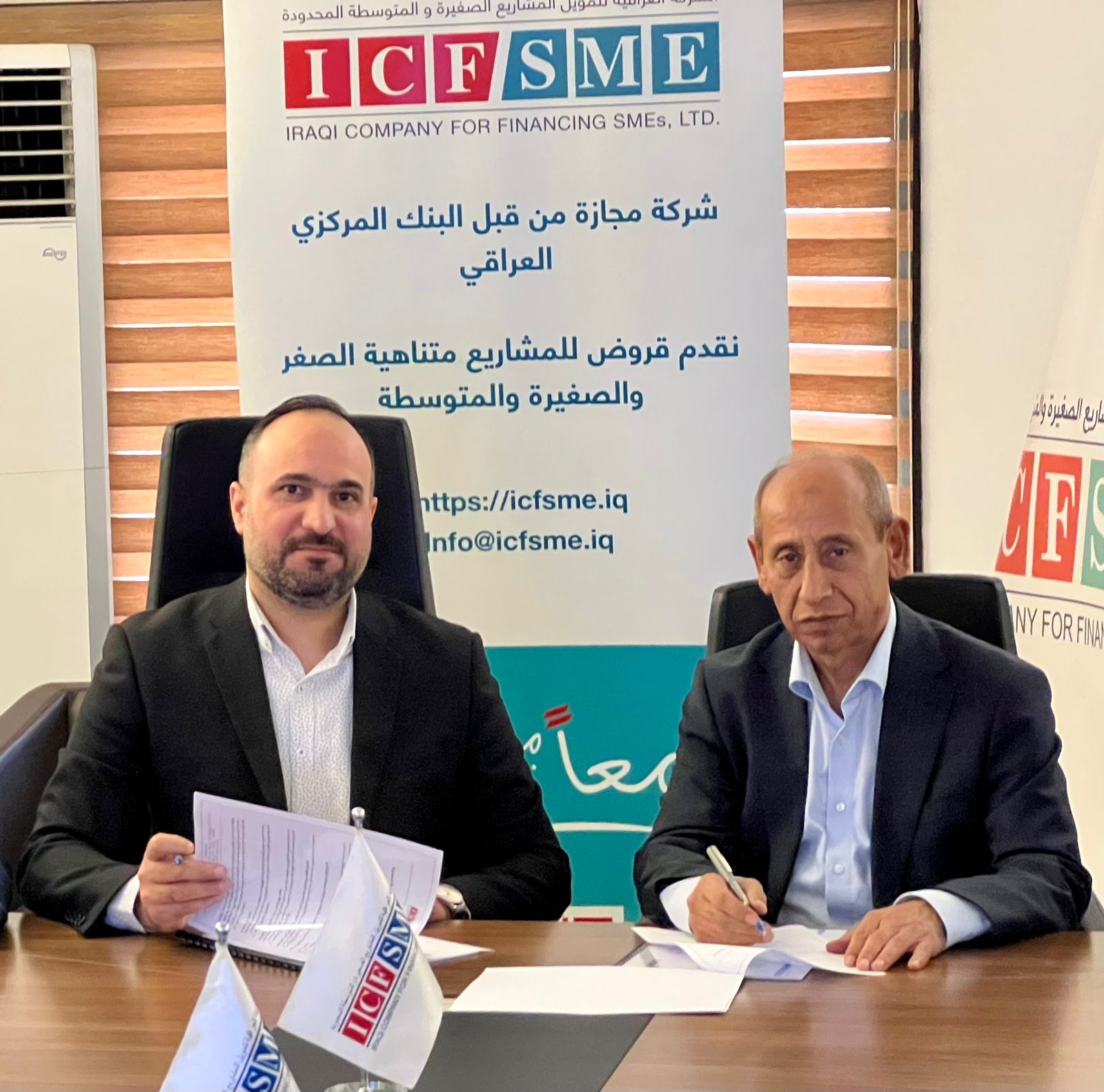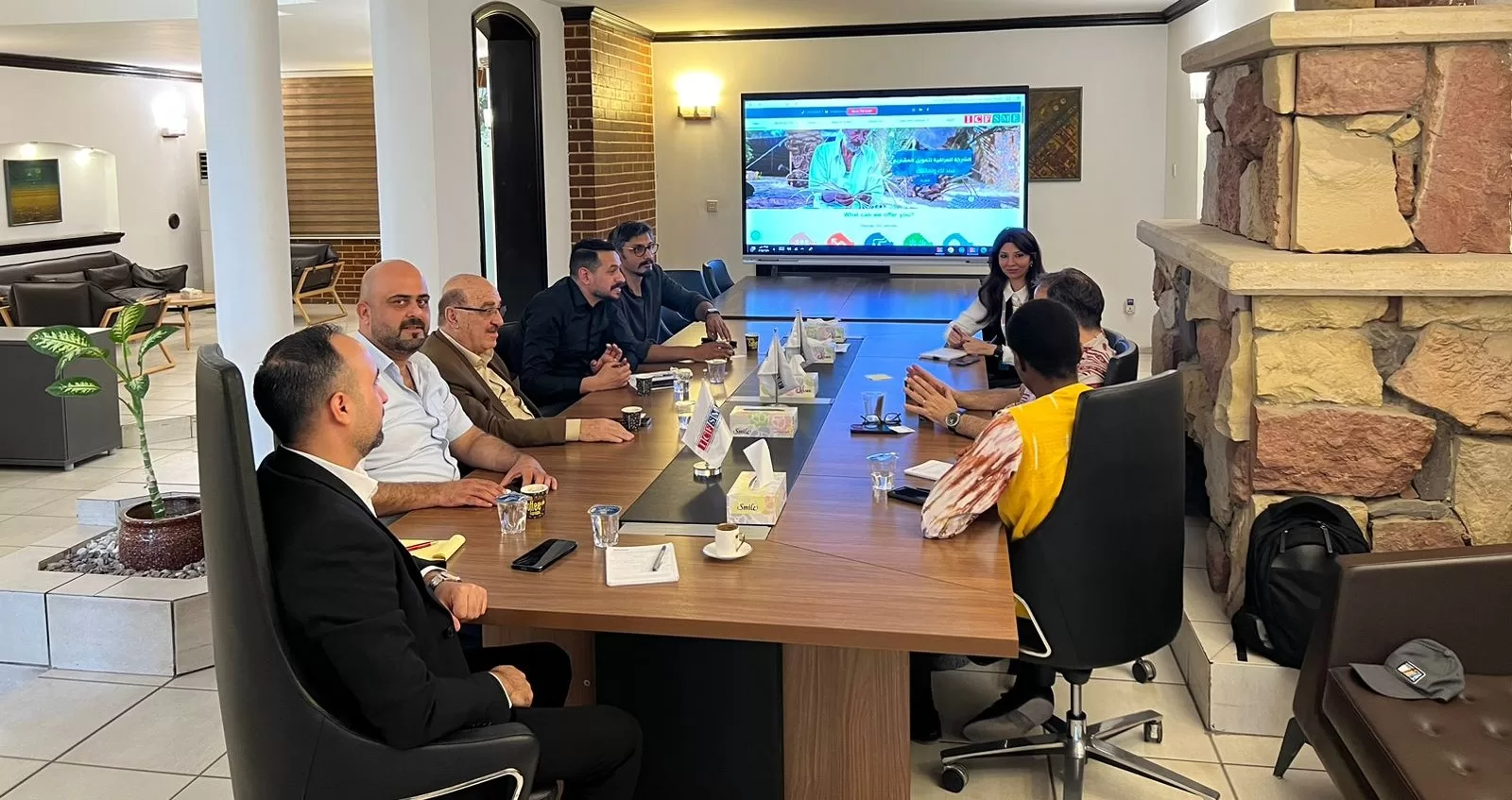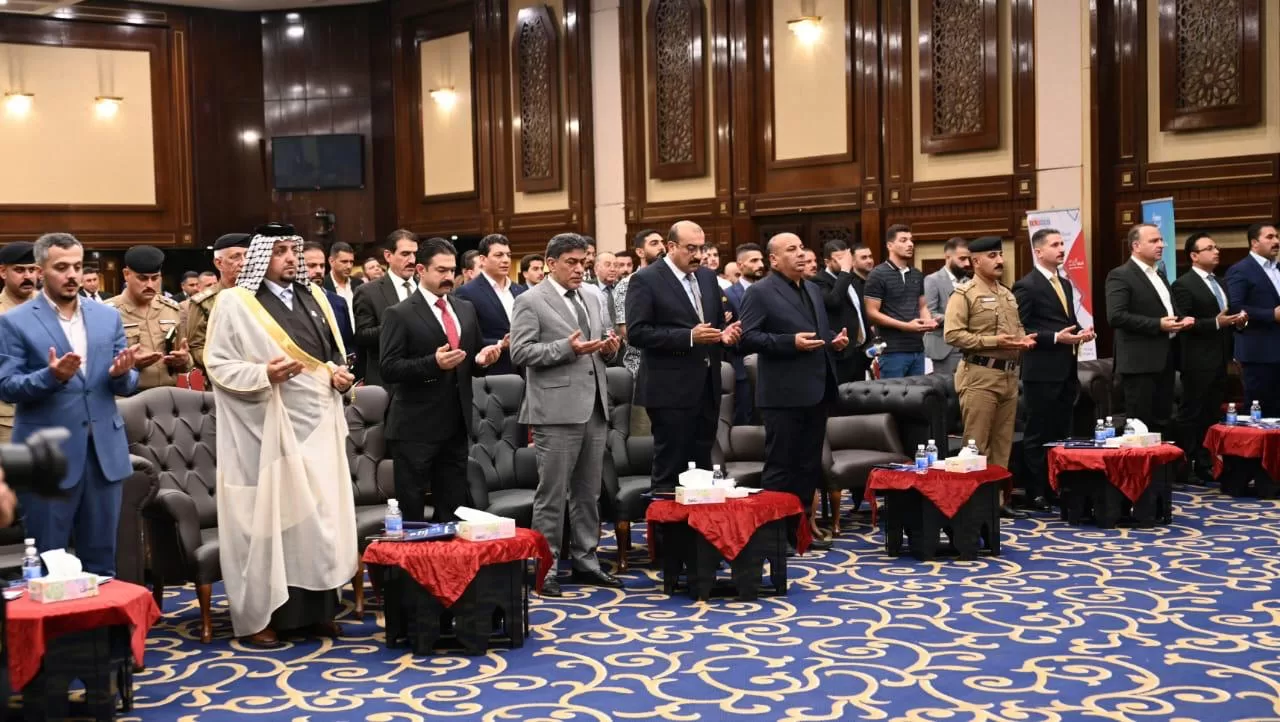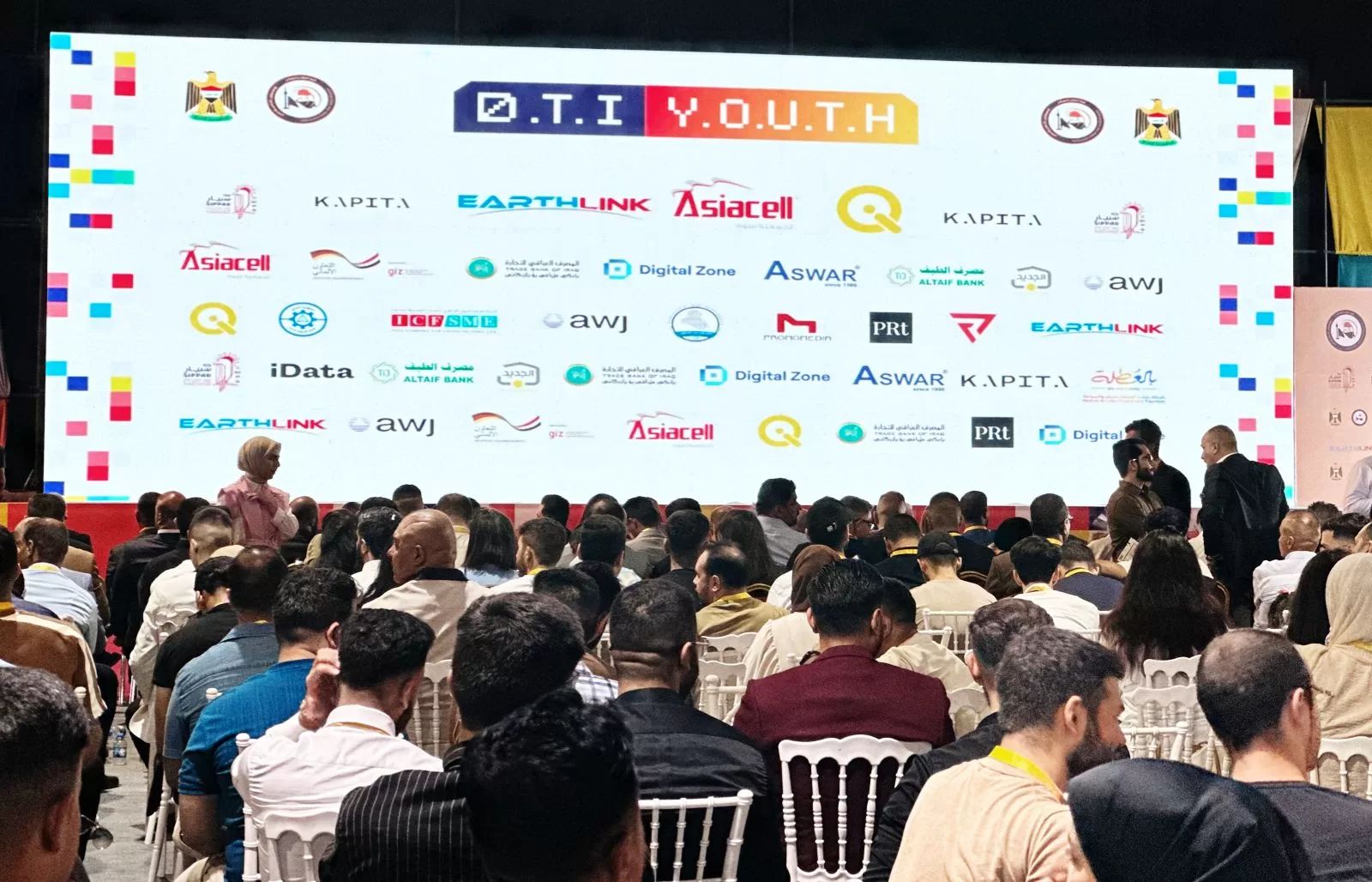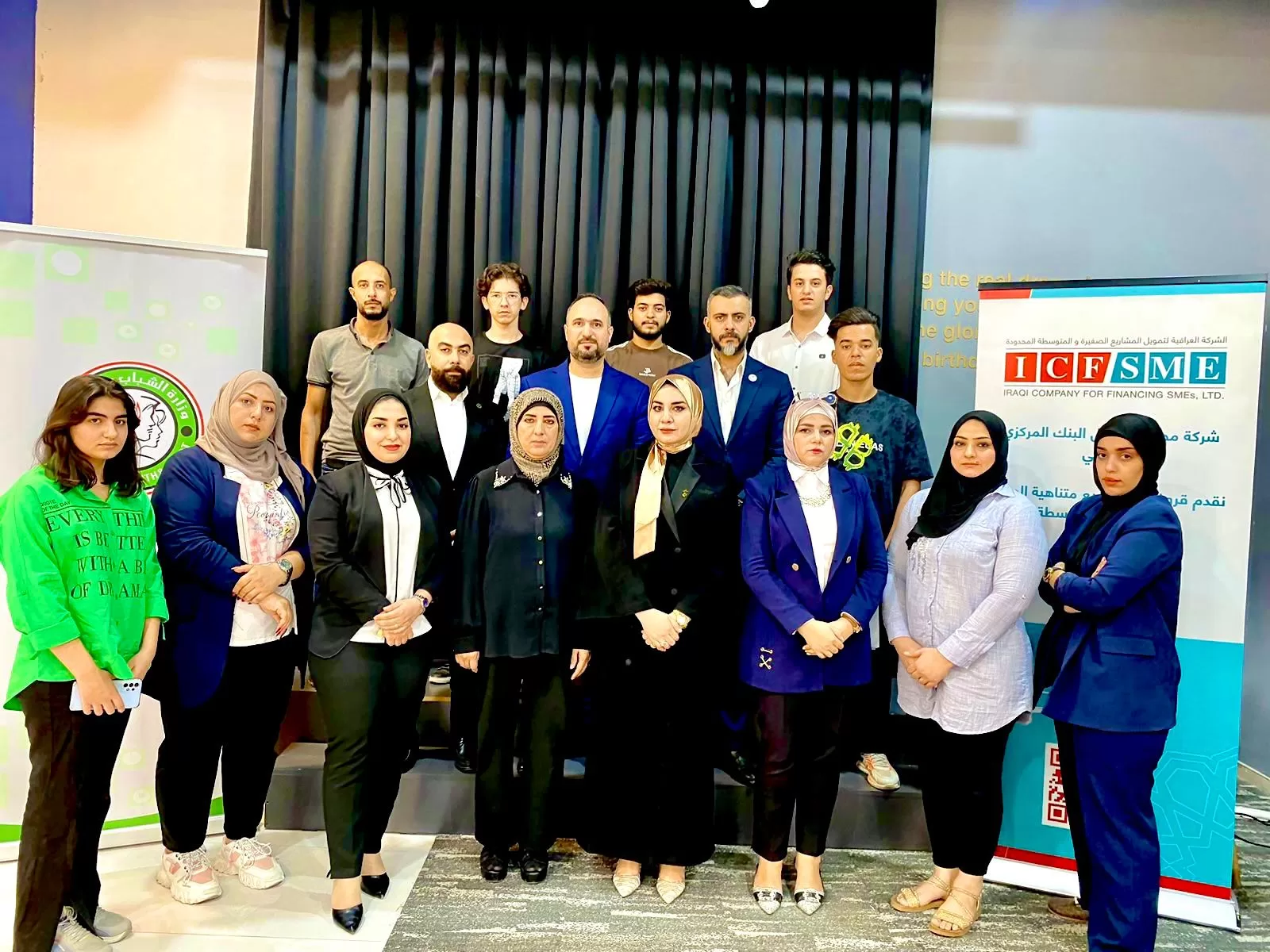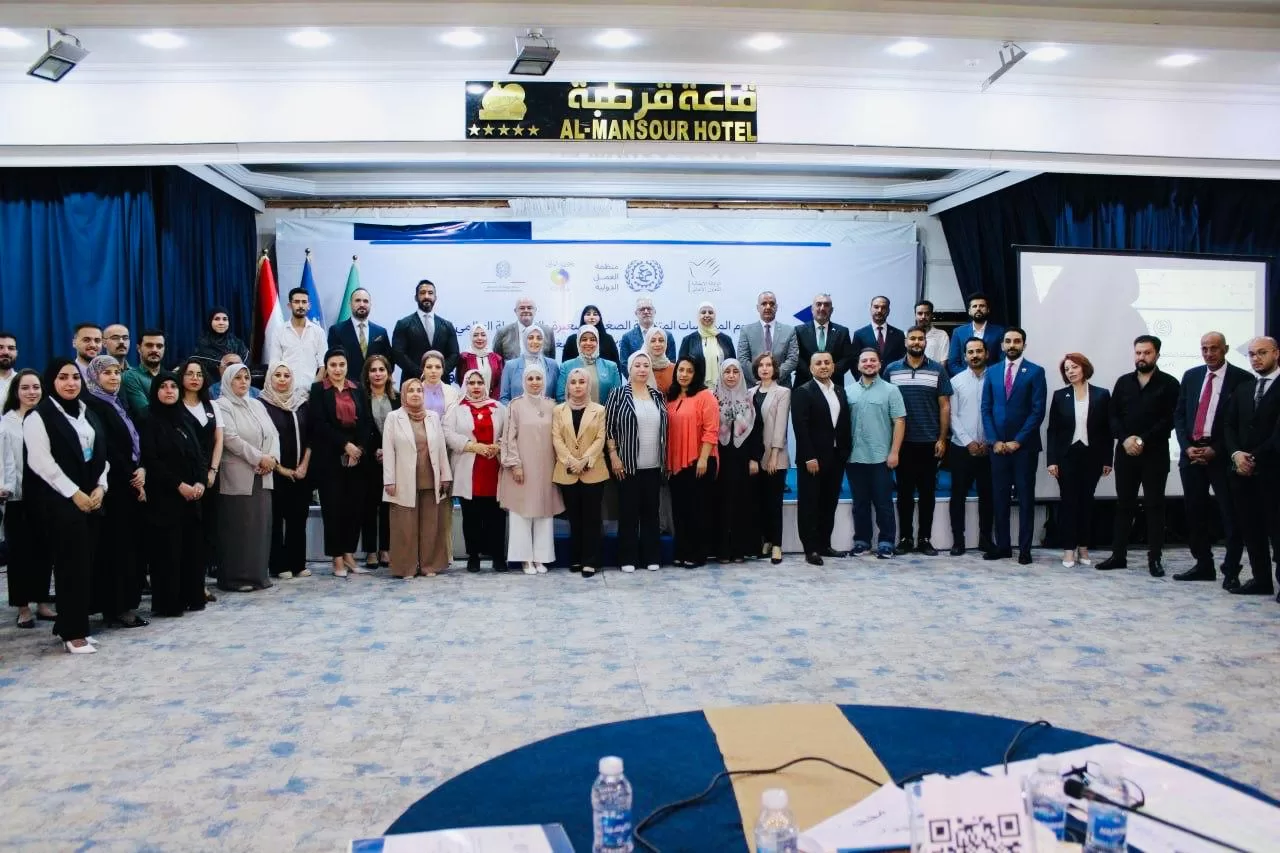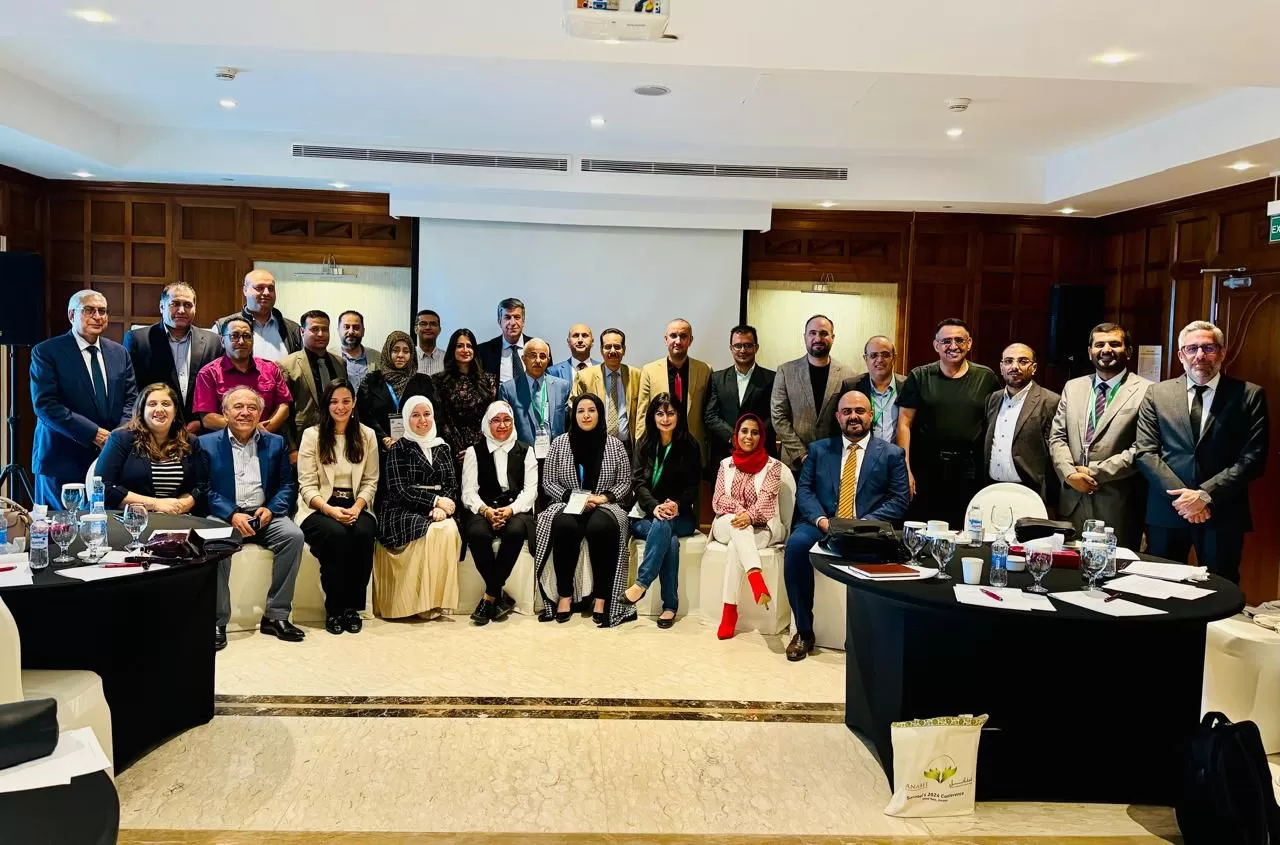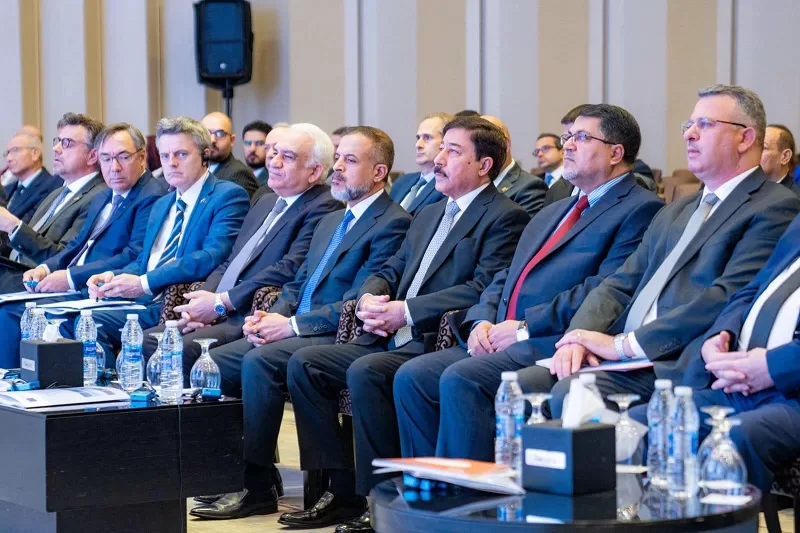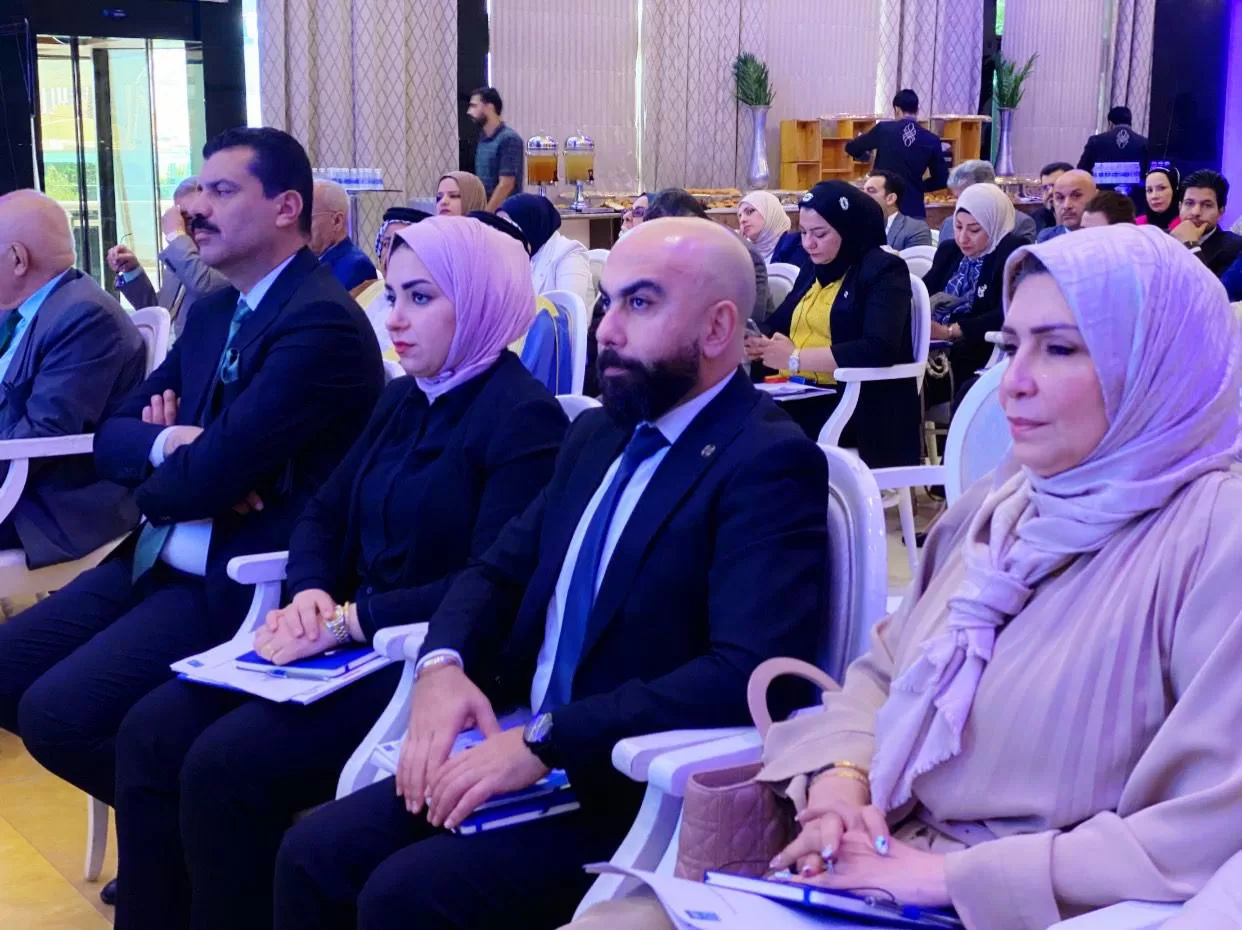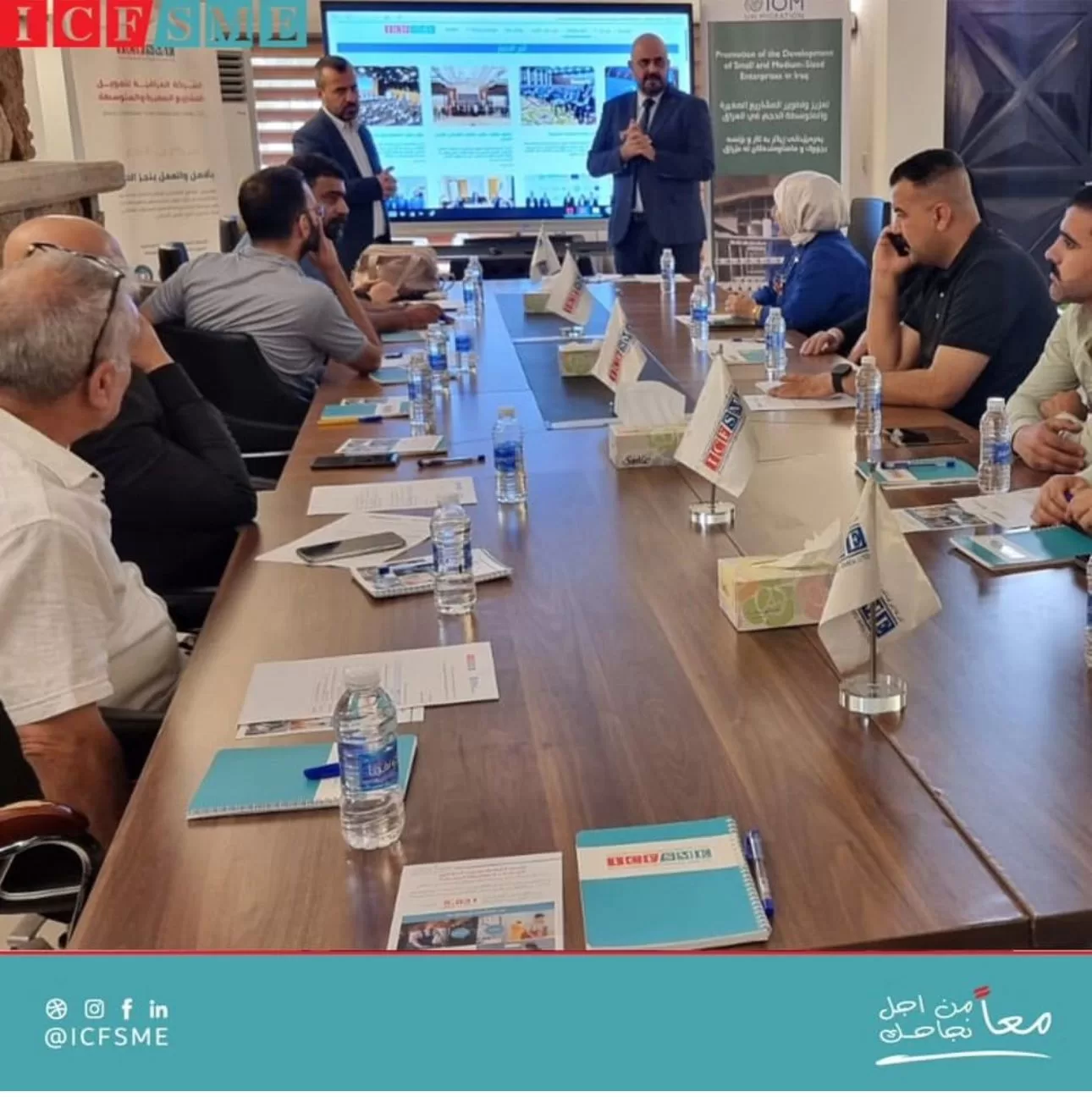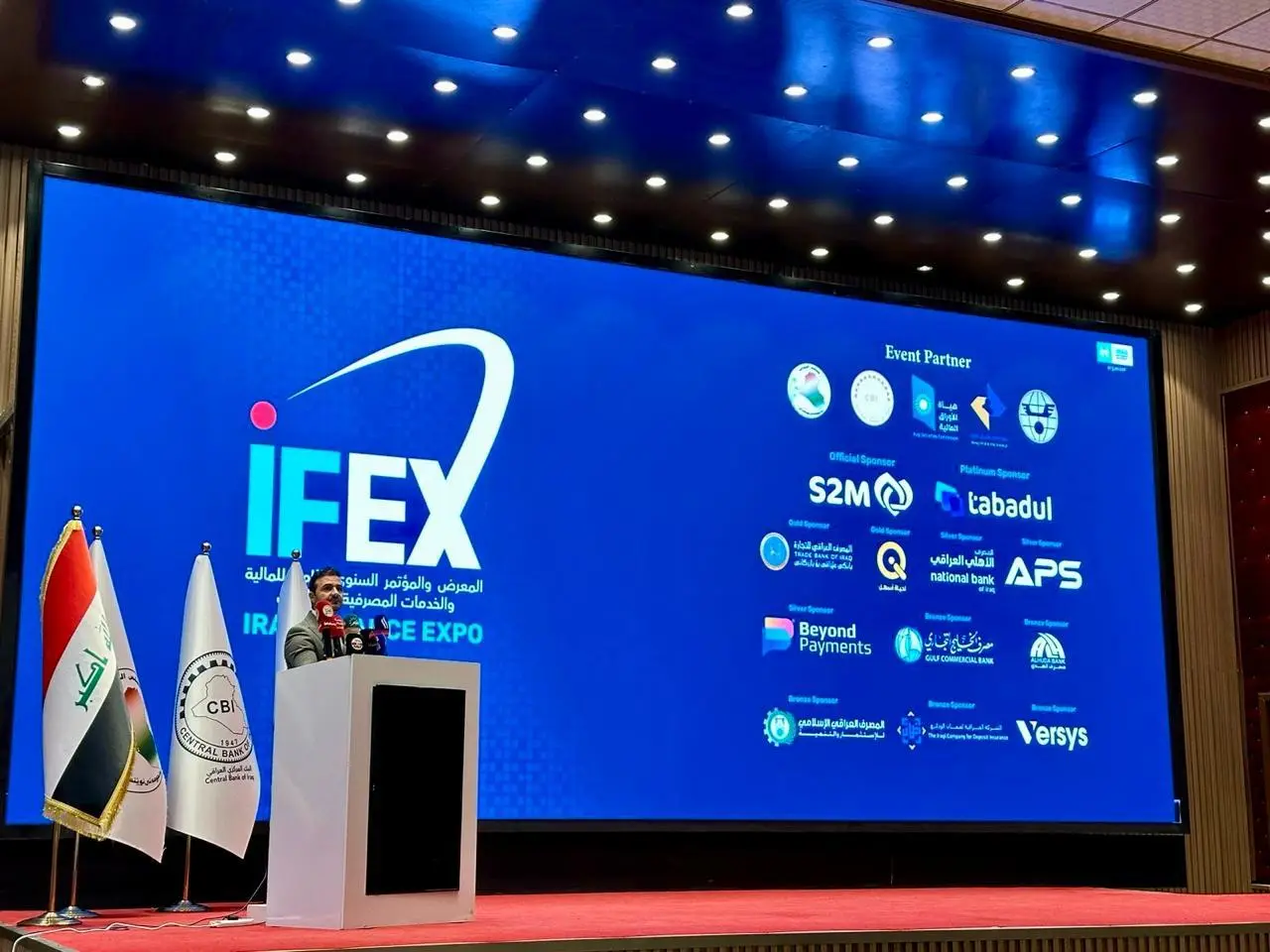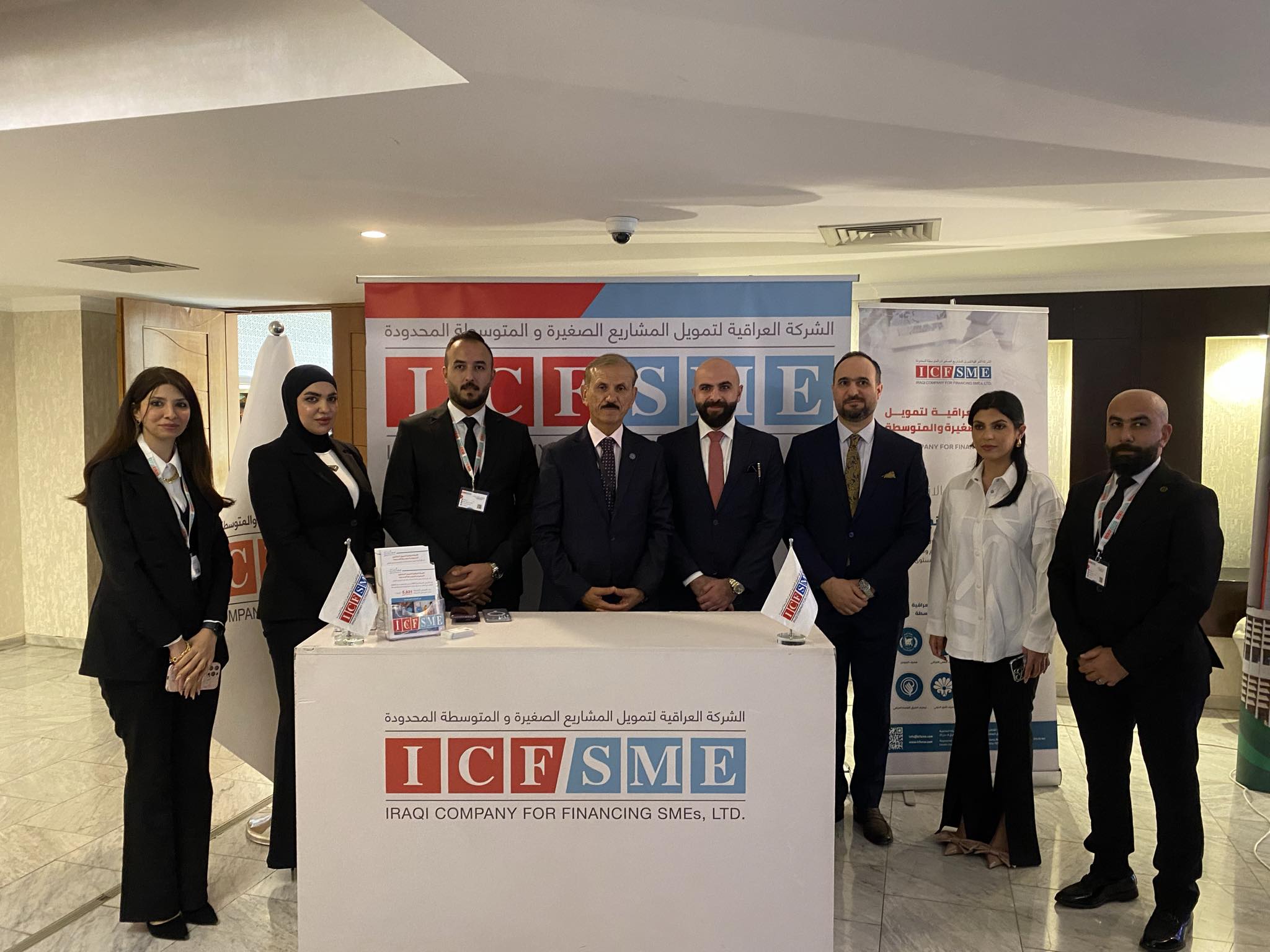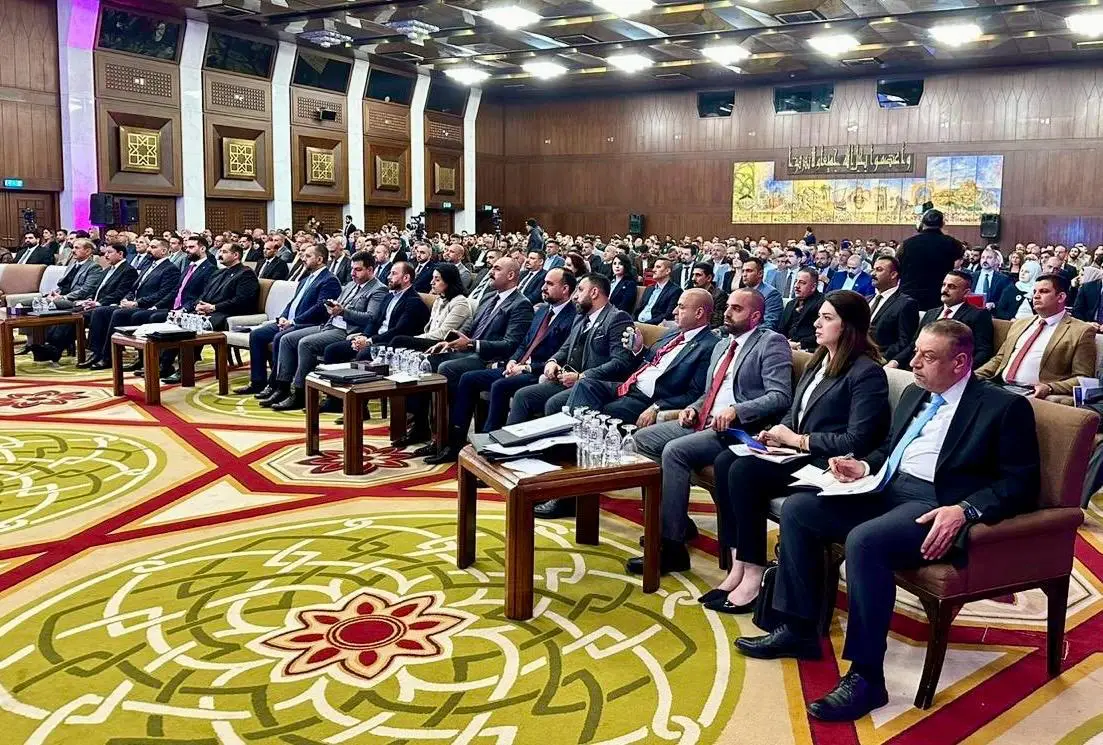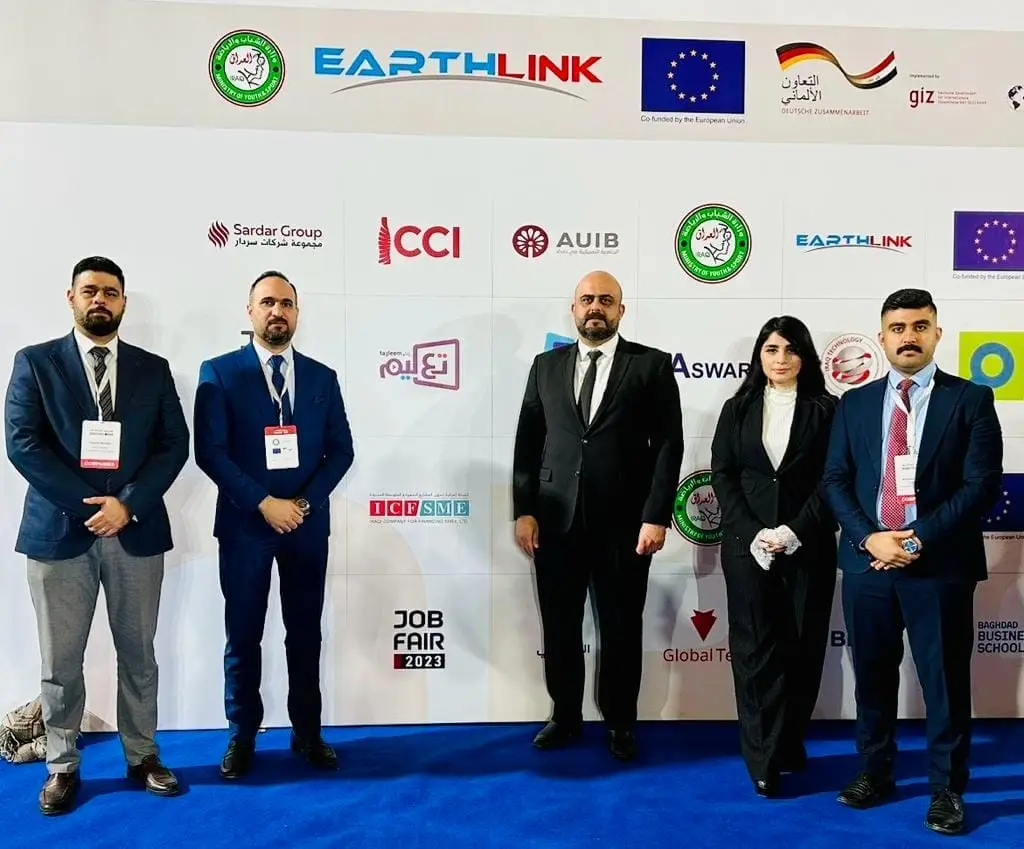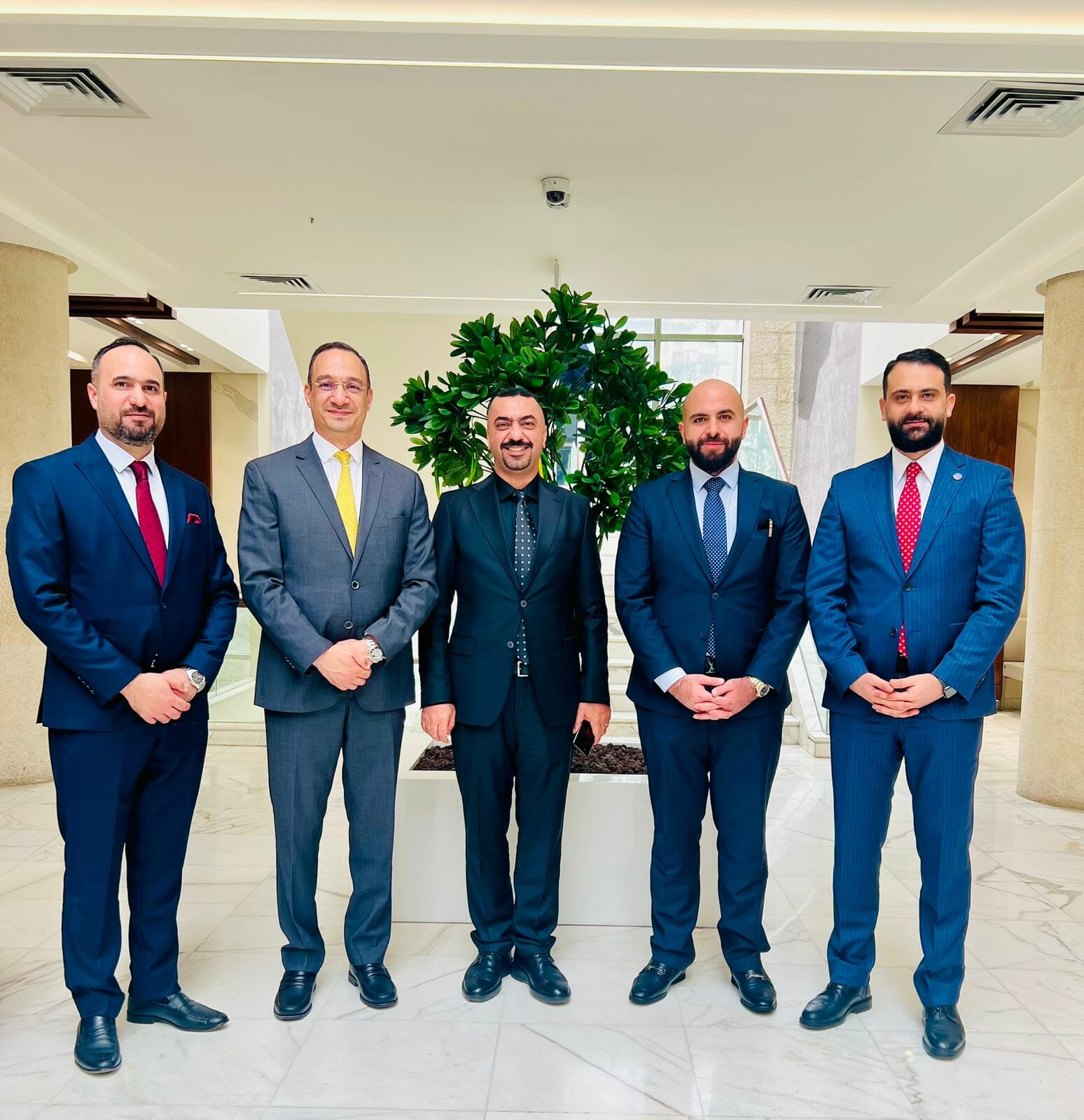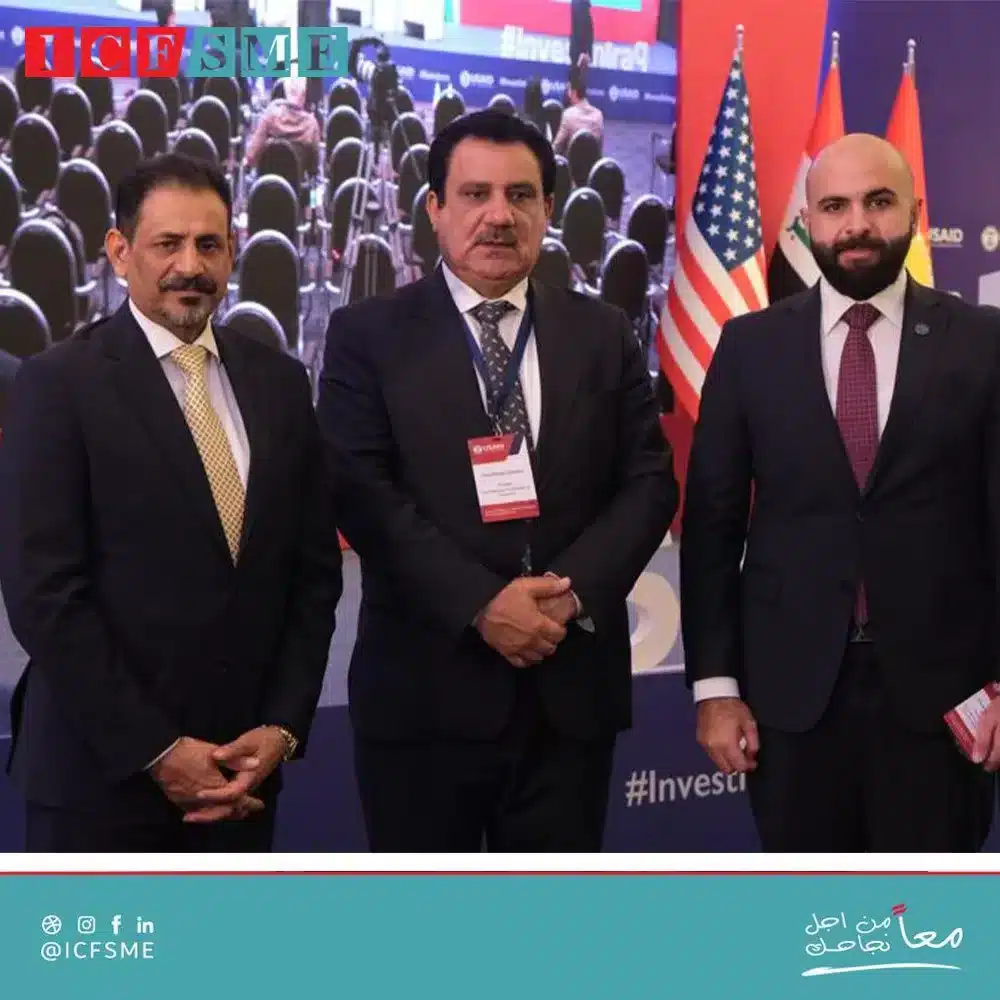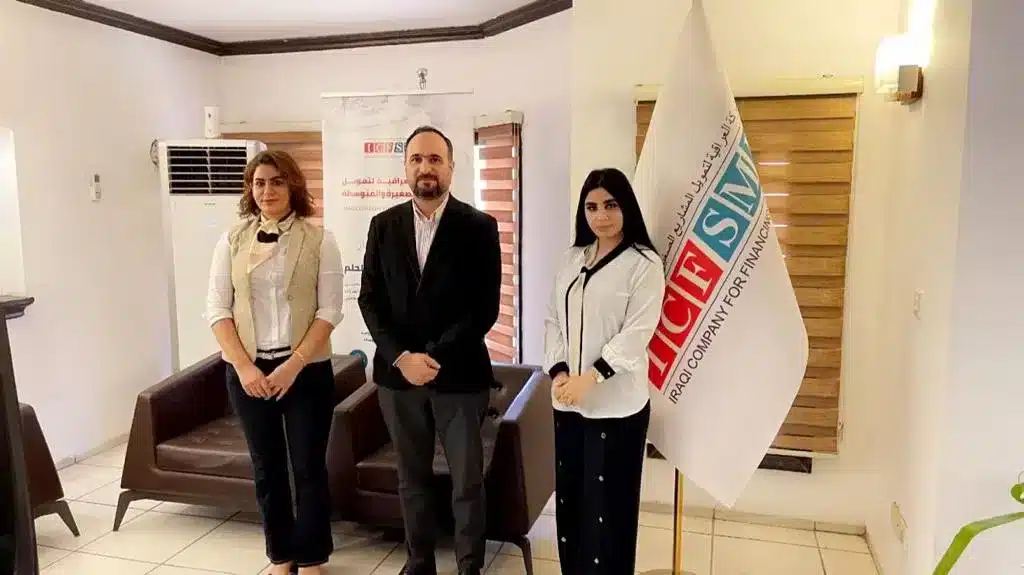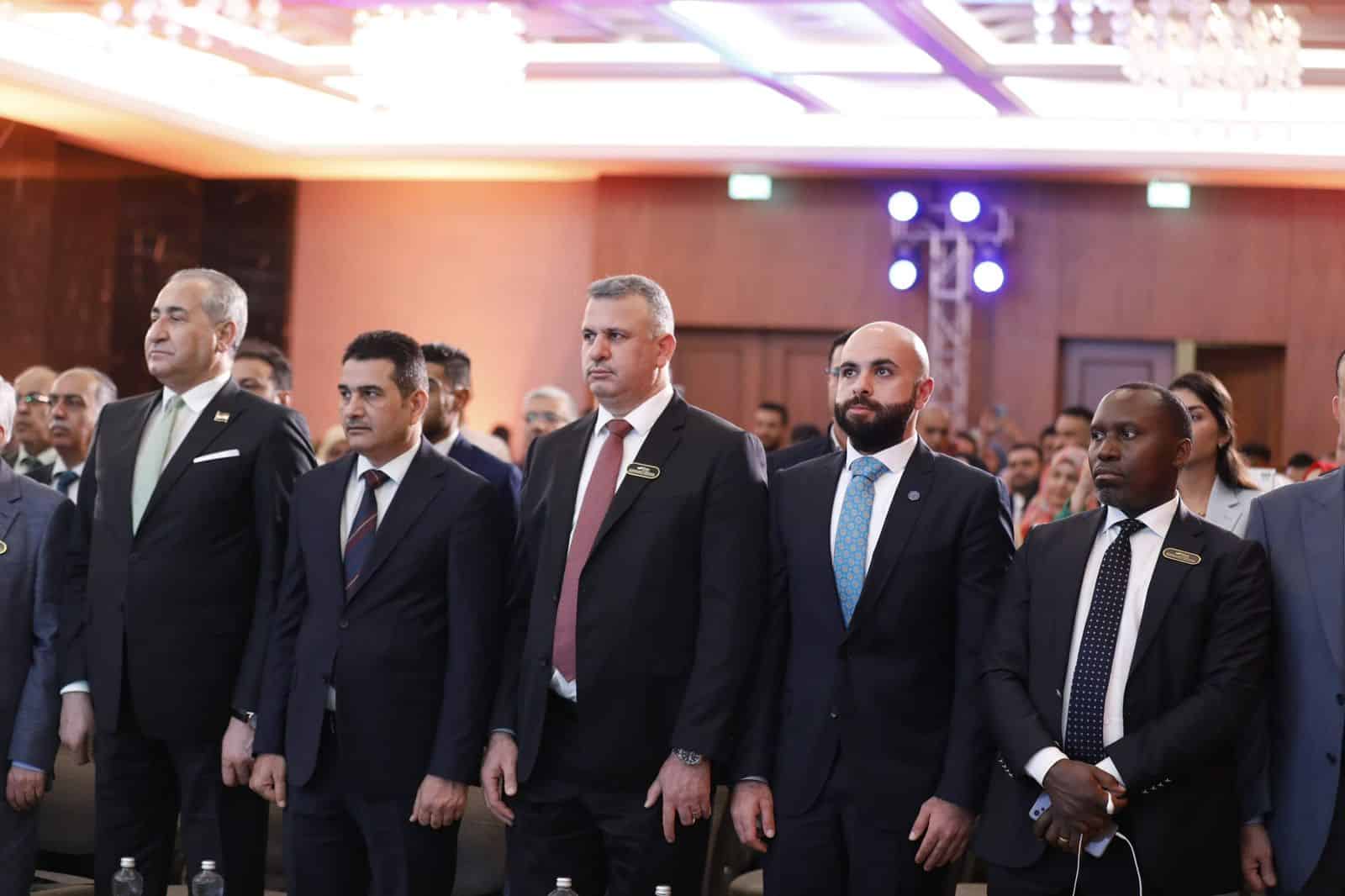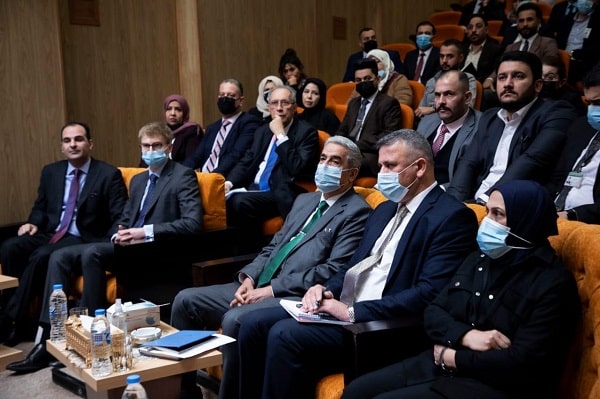pdf …..> Link
The total issuance of green bonds and sukuk related to sustainable activities amounted to $5.5 billion in 2022 in the Arab countries
The percentage of adults in the Arab region accessing formal financial services is 48 percent for males , 31 percent for women, and 32 percent for low-income people
Financial inclusion enhances the ability to adapt to climate change and recover from the effects of natural disasters
Improving the ability of the financial and banking sector to deal with climate-related shocks
Raising awareness of the climate change repercussions and the issues of sustainable green finance
The issue of enhancing access to finance and financial services in the Arab countries is receiving growing attention from the Council of Arab Central Banks and Monetary Authorities’ Governors, in recognition of the potential and significant opportunities that can be achieved by increasing financial inclusion to support inclusive and sustainable economic development, address unemployment challenges and achieve equality. There is no doubt that enhancing financial inclusion plays an important role in supporting the efforts to face the climate change repercussions, by enabling financial sector customers to deal with risks associated with climate changes and enhancing their ability to recover from the climate change effects, which in turn contributes to inclusive and sustainable development, thus leading to soundness and resilience of the financial sector. In this context, it is worth noting the need to adopt policies related to climate change within the framework of sustainability, in line with the United Nations 2030 Sustainable Development Goals (SDGs) and the guidelines of the Paris Agreement, which is receiving increasing attention from the international community and regional and international financial institutions.
Considering this, the Council of Arab Central Banks and Monetary Authorities’ Governors has called on to celebrate the “Arab Day for Financial Inclusion”, which is due to be held on April 27 of each year, under the overarching theme of: “Increasing Financial Inclusion to Support the Efforts to Address the Climate Change Repercussions” for the events of 2023. In this context, it is important for the financial and banking sector to take initiatives to enhance its ability to deal with climate-related shocks, raise awareness of climate change repercussions, and deepen consumer confidence in financial institutions to limit the negative effects of these changes in the Arab region. Arab central banks and monetary authorities are keen to support the efforts of the international community in enhancing financing that considers climate considerations and sustainable development in general. In the foreground, it comes support for the implementation of the United Nations SDGs and their close connection with climate change issues, and support for the efforts of G20 that adopted financial inclusion as one of the main topics to boost the SDGs and enhance financial stability, as the G20 pays special attention to supporting access of Youth, women and micro, small and medium enterprises to financial services, as well as the interest in community financial awareness that enhances the opportunities of success of efforts and policies in this regard. In a related context, one of the important priorities of the twenty-seventh United Nations Climate Change Conference (COP27), held in Egypt, was to secure the financing necessary to meet the requirements of the climate goals. Countries are likely to discuss ways to accelerate and enhance global efforts to adapt to climate change at the twenty-eighth conference (COP28) to be held in the United Arab Emirates. In the same context, the “Middle East Green Initiative”, launched by Saudi Arabia, affirms the commitment to international sustainability efforts by setting an ambitious roadmap with clear milestones that works to achieve all global targets.
Arab central banks and monetary authorities are aware of the great repercussions and challenges of climate change, as they seek to develop policies that support economic growth to adapt to climate change. In a related context, Arab countries can work on developing and integrating applicable and sustainable national action plans that contribute to stimulating growth and building sustainable, inclusive, and resilient green economies.
Within the framework of its strategy, the Arab Monetary Fund (AMF) pays great attention to priority financial sector issues, especially in terms of facing the climate change repercussions and green and sustainable finance, with the aim of supporting the efforts to achieve inclusive and sustainable development and financial stability in the Arab countries. In this regard, Arab central banks and monetary authorities have adopted the guiding principles issued by the AMF for “Central Banks to Address the Impact of Natural Disasters and Climate Change on Banking System and Financial Stability”. The AMF has also organized a number of high-level workshops and training courses, and made studies and working papers in this field. In this context, the conference on “Supporting the Transition to a Circular Carbon Economy to Achieve Sustainable Development”, organized by the AMF, should be noted as supporting the adoption of the circular carbon economy model, which considers environmental aspects as well as promoting sustainable economic growth by reducing carbon emissions. In a related context, according to the AMF estimates, the issuances of the Arab countries of green bonds and sukuk related to sustainable activities, whether sovereign or private sector, amounted to $5.5 billion in 2022.
Given the increasing importance of the climate change issues and its impact on the banking and financial sector, the Council appreciates the activities included in the “Financial Inclusion for the Arab Region Initiative” (FIARI), that focus on green finance and the role of financial and banking institutions in directing entrepreneurs to sustainable projects and investments, and the role of the FIARI partner institutions in raising awareness of the climate change repercussions and encouraging products that take into account the climate considerations.
It is worth noting the interest of the “Arab Financial Inclusion Task Force” in the issues related to climate change and limiting its negative effects, through developing policies and procedures related to enhancing financial inclusion and upgrading its indicators, working to help Arab countries apply international standards and principles, and strengthening cooperation among various national institutions and authorities concerned with financial inclusion issues and between them and the relevant international institutions. Undoubtedly, there is a need to continue working on improving the financial inclusion indicators, as the 2021 statistics published by the World Bank reveal that the percentage of the adult male population in the Arab countries who have access to formal financing and financial services has risen, on average, to 48 percent, 31 percent for women, and 32 percent for low-income groups. Despite the progress achieved, there are still great opportunities, especially for financial and banking institutions, to improve access to financial services in the Arab communities, target the financially excluded groups, and integrate the informal sector into the national economy by adopting appropriate policies. That said, it is worth noting the efforts of the Arab countries that have implemented the statistical surveys in the field of financial inclusion and to emphasize the importance of following up its implementation by the remaining countries, which helps improve the quality of financial inclusion indicators according to the circumstances of each country.
Within the framework of the continued efforts made by central banks, commercial banks, and financial institutions in the past years in celebrating the “Arab Day for Financial Inclusion” and organizing the activities and events on this day, which contributed to spreading awareness and financial literacy among all community categories, it is important to intensify the related events and expand the scope of community participation, by implementing activities that enhance knowledge of climate change repercussions and green finance issues. Arab central banks and monetary authorities are also looking forward to the participation of the other supervisory authorities, such as ministries of finance, capital market authorities, insurance supervisory authorities, banking associations, and all other financial institutions, in celebrating the events of the “Arab Day for Financial Inclusion” in 2023.
On this occasion, the Director General Chairman of the Board of the Arab Monetary Fund, H.E. Dr. Abdulrahman Al-Hamidy, has stressed the importance and the role of financial inclusion in addressing the economic challenges that affect economic growth, by mobilising resources to increase savings and investments and create new job opportunities. Dr. Al-Hamidy has also praised the increasing attention being paid to issues related to increasing financial inclusion by policymakers in the Arab countries, which would help address the challenges of poverty, unemployment, and social justice. He has commended the efforts of the Arab central banks and monetary authorities, which are keen to continue giving the necessary importance to issues of increasing financial inclusion and access to quality financial services at reasonable costs. Dr. Al-Hamidy has also lauded governors for giving appropriate importance and priority to such issues as part of their economic policies, enhancing awareness of climate change and its impact on financial stability, application of responsible finance requirements, promoting the green financial literacy, supporting the green finance, and making use of Fintech in providing financial services. Finally, Dr. Al-Hamidy has thanked the central banks and monetary authorities, financial and banking institutions, and the banking associations in the Arab countries for their efforts in launching activities on the “Arab Day for Financial Inclusion”, as they are important in achieving the desired objectives of the occasion.

